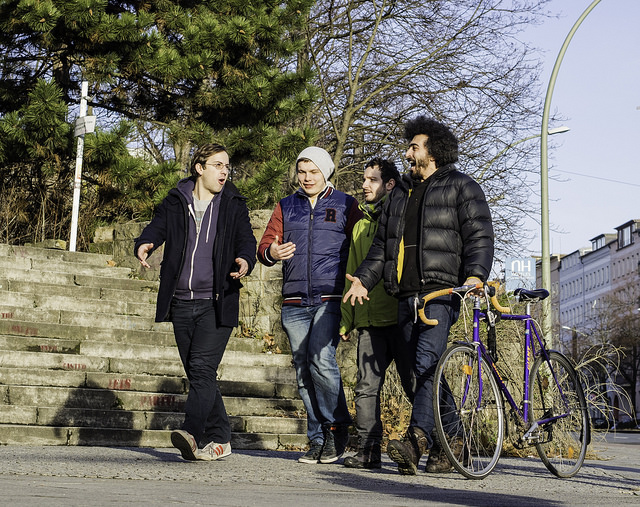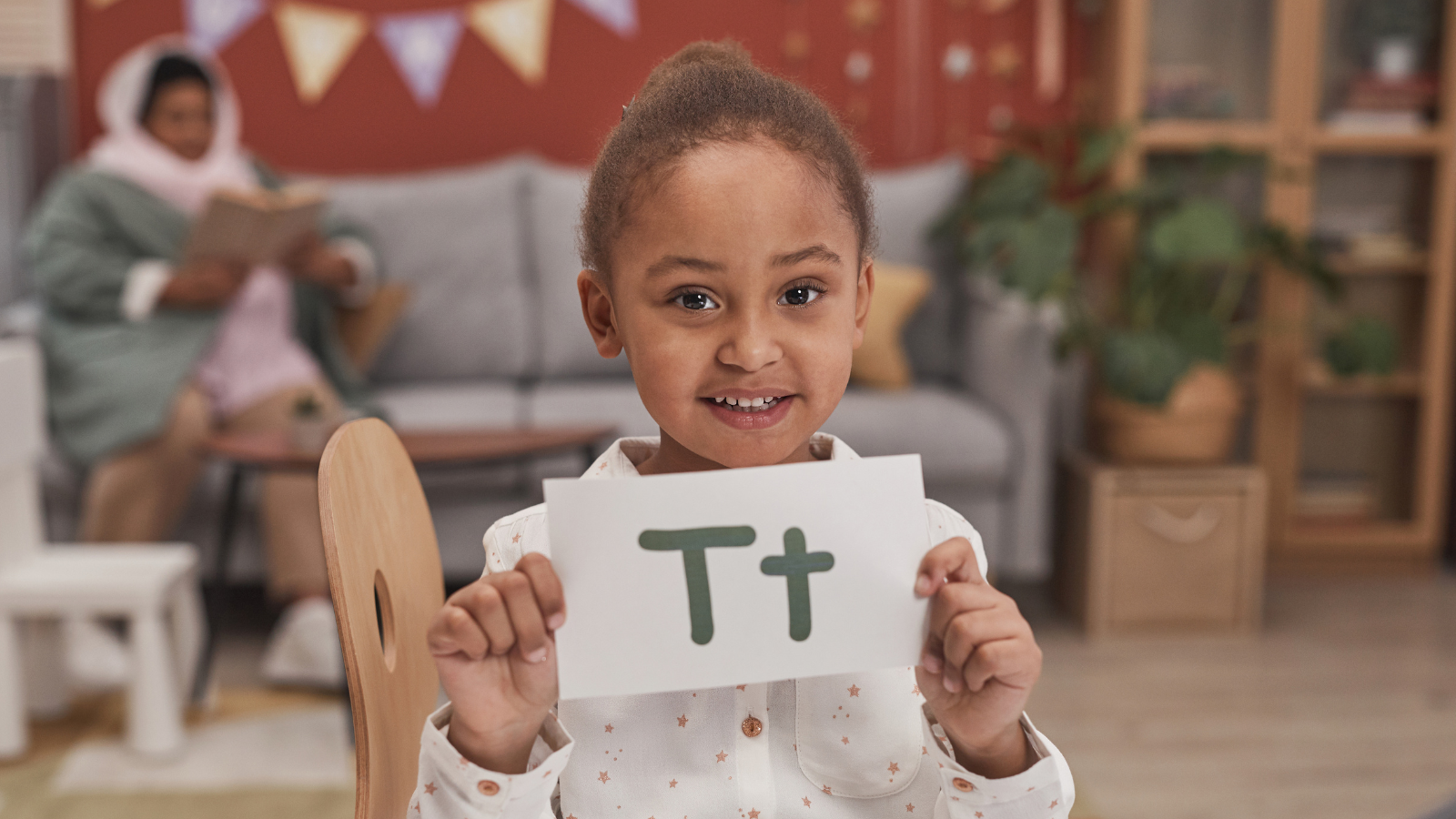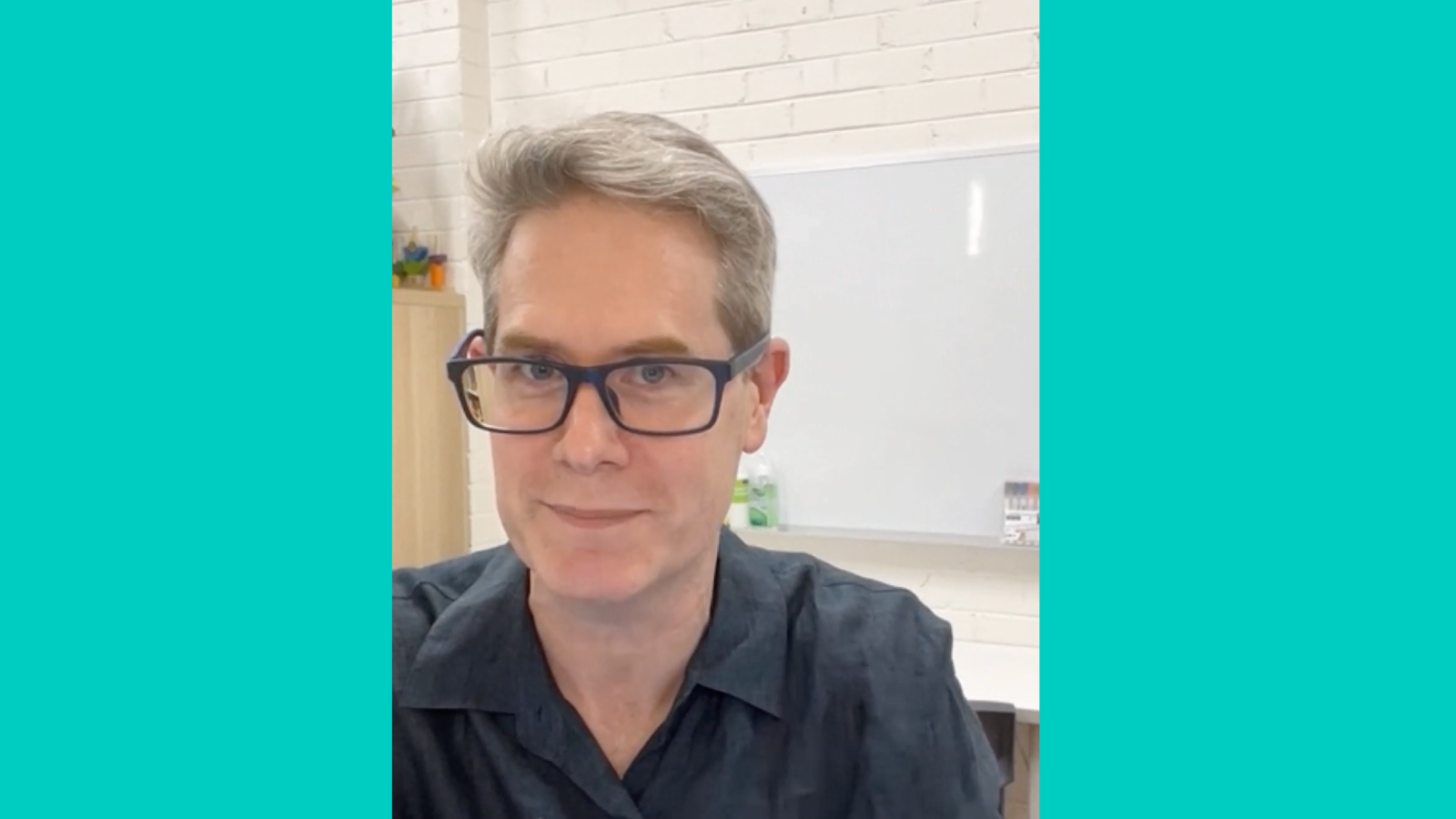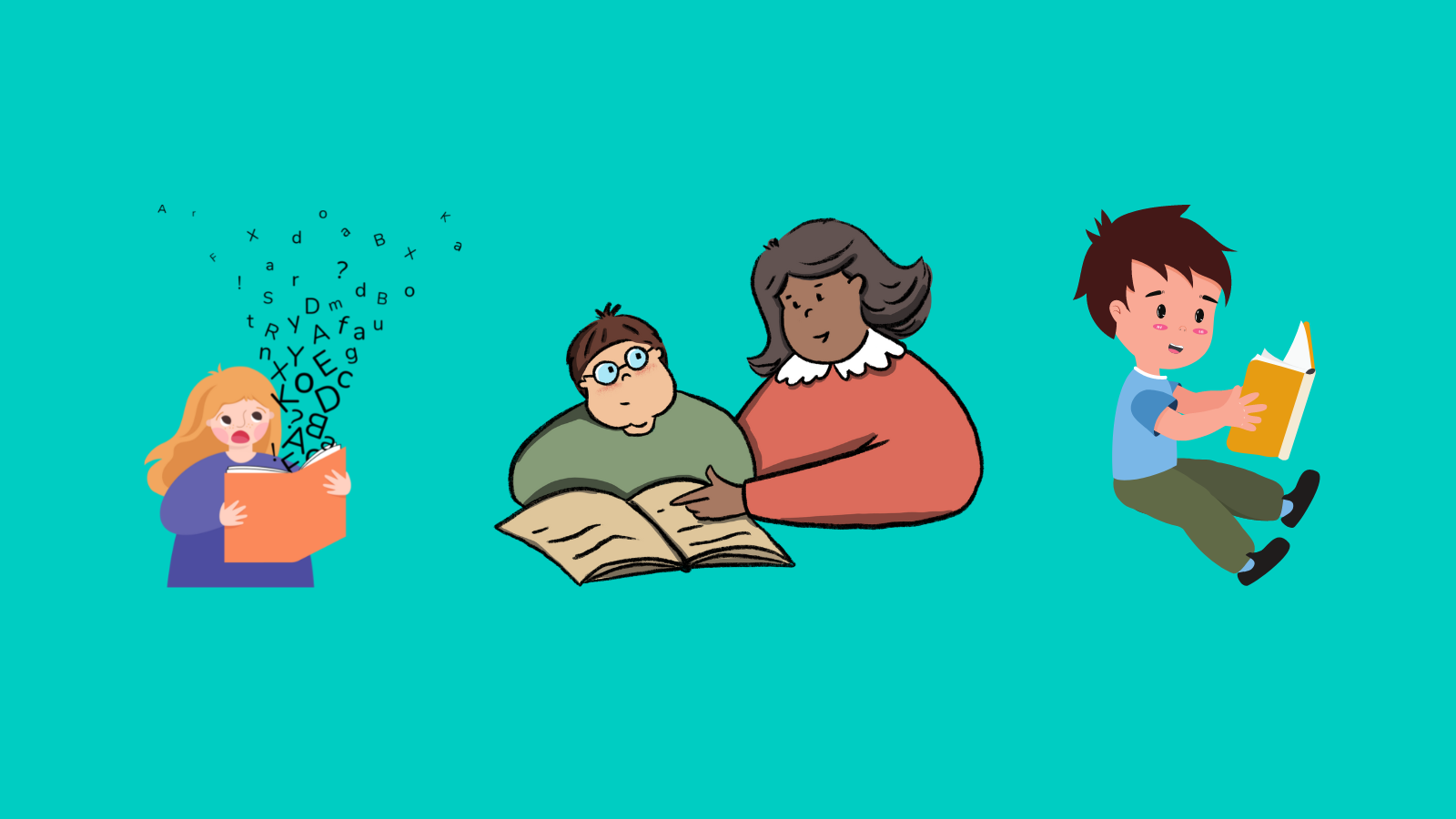Beyond flashcards and gluesticks: what to do if you or your 9-25 year old still has speech sound issues
When most of us think about speech sound disorders, we think of little kids: 3-6 year olds.*
But what about older kids and young adults?
What we know
Research is sketchy, but our best evidence is that:
- 1 to 2% of the young adult population present with speech sound errors that are:
- ‘residual’ – leftovers from treated speech sound disorders; or
- ‘persistent’ – untreated speech sound errors that haven’t fixed themselves with time;
- these young adults tend to ‘distort’ sounds like:
- /s/ and /z/ – e.g. with lateral and interdental lisps; and/or
- /r/ or /l/ – e.g. with gliding;
- sometimes, the sounds are completely wrong, like saying /w/ for /r/ or /l/, or /s/ and /z/ with a slushy, lateral lisp;
- other times, the sounds are almost right, but still different enough from their peers’ speech for people to notice;
- usually (not always), these speech problems do not affect:
- intelligibility: people can still understand them; and
- academic achievement;
- but these speech errors can hurt an older child or young adult’s:
- social life; and
- employment prospects; and
- overall quality of life (e.g. Crowe Hall, 1991; Allard et al., 2008).
Do young adult speech problems self-correct?
Good news: we think that about 60-75% of young adults with residual speech problems will sort them out by the end of high school without special help.
Bad news: we don’t know which young adults will self-correct their errors (or why or even how)!
Is it too late to seek help from a speech pathologist?
Absolutely not.
Early intervention is the best option (if you have the option). And the longer the client makes the error, the harder it can be to shift.
But speech sound errors can be treated at any age.
In my work with older children and young adults, I’ve found long-term speech errors:
- are more therapy-resistant than short-term ones;
- can be tricky if the wrong sound has been reinforced inadvertently for years, e.g. by applauding a child’s story about the ‘thilly wittle wabbit’ (cute at 3, not so much at 15);
- take creativity (and a good sense of humour!) to tackle in an age-appropriate and engaging way. For example, I have been experimenting recently with randomised practice kits based on principles of motor learning tied to a client’s passion (whether it be Minecraft or Katy Perry);
- require team work, respecting the client as an adult, partner and decision maker, not a passive subject; and
- can be fixed with hard work, resilience and determination – but only if the client wants to change the sound(s) and is willing to do the work.
Finding the right time to do the work, the right speech pathologist for the client, and agreeing specific goals and workloads before you start are key to achieving good outcomes – especially with teens and young adults.
Related articles:
- FAQ: Lisps
- The Pesky Lisp Fixer: a new evidence-based approach for kids whose interdental lisps won’t stay fixed!
- Speech sound disorders
- It’s not your accent that’s holding you back
- “What did you say?” 10 evidence-based ideas to help others understand your speech
Related resources:
- Lisp Fixer Course for Adults
- Advanced Speech Sound Exercises: Discourse Level Exercises – Alveolar Speech Sounds
Principal source: Flipsen Jr., P. (2015). Emergence and Prevalence of Persistent and Residual Speech Disorders. Seminars in Speech and Language, 36(4) 217.
* We (speech pathologists) accidentally reinforce the idea that speech disorders are things that happen just to pre-schoolers, festooning our signs, speech blogs and client newsletters with eye-catching or click-worthy pics of grinning pre-schoolers. I can understand why: articles on this website featuring pre-schoolers get about five times as many readers as articles with pictures of older kids or adults. The temptation to keep posting perfect pre-schooler pics is something I’m keen to resist in my quest to publish useful information for older kids and adults, even if I don’t catch as many eyeballs!
Image: http://bit.ly/1OjLbAN

Hi there, I’m David Kinnane.
Principal Speech Pathologist, Banter Speech & Language
Our talented team of certified practising speech pathologists provide unhurried, personalised and evidence-based speech pathology care to children and adults in the Inner West of Sydney and beyond, both in our clinic and via telehealth.








